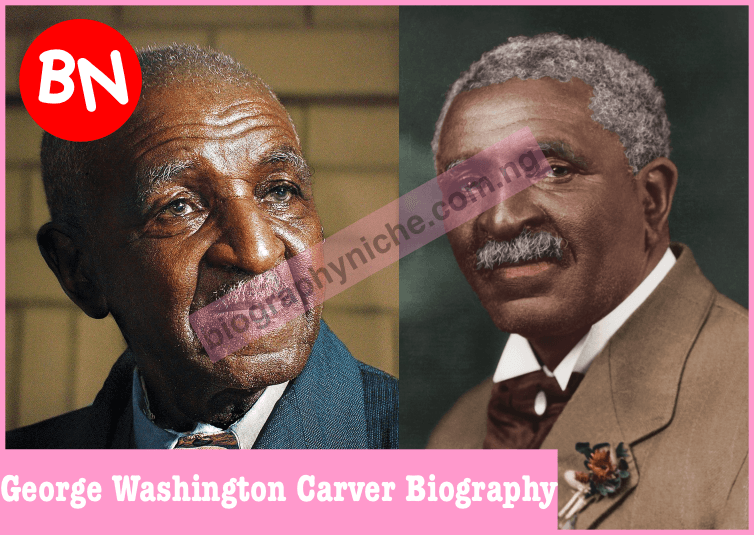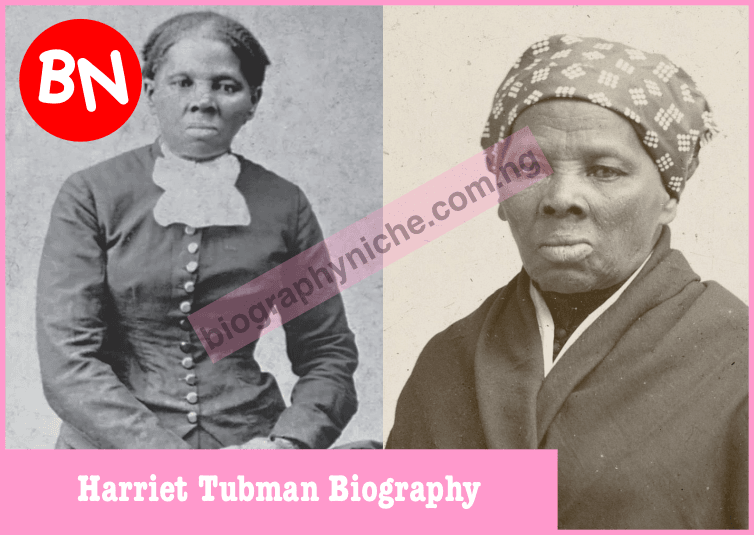Thurgood Marshall Biography – Discover the inspiring life of Thurgood Marshall, the first African American Supreme Court Justice. Learn about his net worth, age, early life, family, parents, famous quotes, accomplishments, and his appointment to the Supreme Court.
Thurgood Marshall was a pioneering civil rights attorney and the first African American to serve as a U.S. Supreme Court Justice. His remarkable legal career was dedicated to fighting racial injustice and championing equality. He played a major role in landmark cases, most notably Brown v. Board of Education (1954), which led to the desegregation of schools in America. His appointment to the Supreme Court in 1967 marked a turning point in American history, making him a symbol of progress and justice.
This biography explores Marshall’s life, career, and legacy, highlighting his most notable accomplishments, famous quotes, and lasting impact on the legal system.
Thurgood Marshall Biography: Personal Information
| Field | Details |
|---|---|
| Name | Thurgood Marshall |
| Profession | Lawyer, Civil Rights Activist, U.S. Supreme Court Justice |
| Nationality | American |
| Age at Death | 84 (Born July 2, 1908 – Died January 24, 1993) |
| Parents | William Marshall (Father), Norma Arica Marshall (Mother) |
| Education | Lincoln University (BA), Howard University School of Law (JD) |
| Net Worth | Estimated at $5 million (at the time of his passing) |
| Date of Supreme Court Appointment | October 2, 1967 |
| Significant Cases | Brown v. Board of Education, Smith v. Allwright, Shelley v. Kraemer |
| Famous Quotes | “In recognizing the humanity of our fellow beings, we pay ourselves the highest tribute.” |
| Spouse | Vivian “Buster” Burey (First Wife), Cecilia Suyat Marshall (Second Wife) |
| Children | Thurgood Marshall Jr., John W. Marshall |
Key Takeaways
- Thurgood Marshall was the first African American U.S. Supreme Court Justice, serving from 1967 to 1991.
- He played a crucial role in desegregating American schools through Brown v. Board of Education (1954).
- Marshall was known for his strong stance on civil rights, social justice, and equal protection under the law.
- His legal career began with the NAACP Legal Defense Fund, where he fought against racial discrimination.
- He was a staunch advocate for the rights of minorities, women, and the underprivileged throughout his legal career.
Early Life and Education
Thurgood Marshall was born on July 2, 1908, in Baltimore, Maryland, to a middle-class family. His father, William Marshall, worked as a railroad porter, and his mother, Norma Arica Marshall, was an elementary school teacher. His parents emphasized the importance of education, and his father often engaged him in debates about justice and fairness, sparking his early interest in law.
Marshall attended Lincoln University, a historically Black college in Pennsylvania, where he excelled academically. He initially considered studying dentistry before ultimately deciding on law. After being denied admission to the University of Maryland School of Law due to segregation policies, he enrolled at Howard University School of Law, where he graduated first in his class in 1933. At Howard, he was mentored by Charles Hamilton Houston, a civil rights lawyer who greatly influenced his legal philosophy.
Legal Career and Fight for Civil Rights
After law school, Marshall dedicated his career to fighting racial injustice. He joined the NAACP Legal Defense and Educational Fund, where he led major legal battles against racial discrimination.
Landmark Cases
- Murray v. Pearson (1936) – Successfully challenged the University of Maryland’s segregationist admissions policies.
- Smith v. Allwright (1944) – Struck down racial restrictions on voting in Texas primaries.
- Shelley v. Kraemer (1948) – Fought against racially restrictive housing covenants.
- Brown v. Board of Education (1954) – His most famous case, where the Supreme Court ruled that racial segregation in public schools was unconstitutional. This ruling overturned Plessy v. Ferguson (1896) and became a turning point in the civil rights movement.
Marshall’s legal victories established key precedents that helped dismantle institutional racism in America. His relentless work with the NAACP made him one of the most influential legal minds in American history.
Appointment to the Supreme Court
In 1967, President Lyndon B. Johnson appointed Marshall to the U.S. Supreme Court, making him the first African American justice in history. Johnson famously said:
“I have no doubt that history will remember him as a great lawyer and a great Supreme Court justice.”
During his tenure on the Court, Marshall was a strong advocate for individual rights, racial justice, and affirmative action. He often dissented in cases that threatened civil rights progress, ensuring that the voice of marginalized communities was always heard.
He served for 24 years before retiring in 1991 due to declining health. He was succeeded by Clarence Thomas, who held vastly different legal views from Marshall.
Famous Quotes by Thurgood Marshall
Thurgood Marshall was known for his powerful words that emphasized justice, equality, and civil rights. Some of his most notable quotes include:
- “In recognizing the humanity of our fellow beings, we pay ourselves the highest tribute.”
- “The measure of a country’s greatness is its ability to retain compassion in times of crisis.”
- “Equal means getting the same thing, at the same time, and in the same place.”
- “We must dissent from the fear, the hatred, and the mistrust.”
Legacy and Importance
Thurgood Marshall’s contributions to American law and civil rights are immeasurable. His work laid the foundation for modern civil rights protections, shaping legal precedents that still impact society today.
He was a trailblazer for minority representation in the legal field, and his commitment to justice and equality continues to inspire generations of lawyers, activists, and policymakers. His impact on civil rights, voting rights, and social justice remains one of the most enduring legacies in American history.
Conclusion
Thurgood Marshall’s life was dedicated to fighting for justice, equality, and civil rights. From his groundbreaking victories as a civil rights attorney to his historic role on the U.S. Supreme Court, he remains a pivotal figure in American history. His legacy continues to shape the legal landscape, ensuring that future generations benefit from the freedoms he fought so hard to secure.
FAQs About Thurgood Marshall Biography
1. When was Thurgood Marshall appointed to the Supreme Court?
Thurgood Marshall was appointed to the U.S. Supreme Court on October 2, 1967, by President Lyndon B. Johnson.
2. What was Thurgood Marshall’s most famous case?
His most famous case was Brown v. Board of Education (1954), which led to the desegregation of public schools in America.
3. What was Thurgood Marshall’s net worth?
At the time of his death, his estimated net worth was around $5 million.
4. Why is Thurgood Marshall important?
Marshall was a pioneering civil rights attorney who fought against racial discrimination and later became the first African American Supreme Court Justice. His work transformed American legal history.
5. What is a famous quote by Thurgood Marshall?
One of his most famous quotes is: “In recognizing the humanity of our fellow beings, we pay ourselves the highest tribute.”
 Facts, Death" loading="lazy" width="180" height="120">
Facts, Death" loading="lazy" width="180" height="120">











